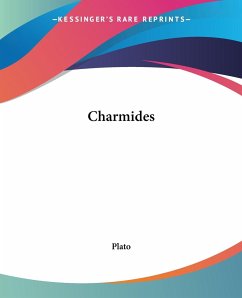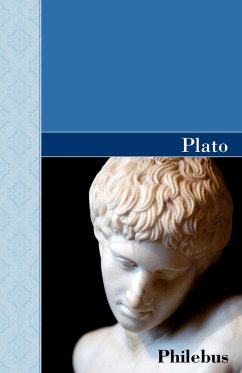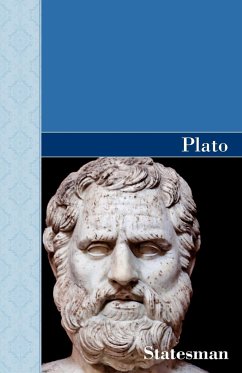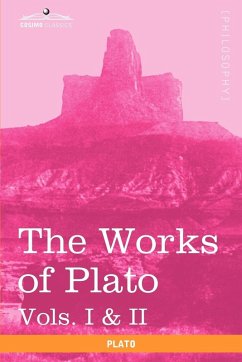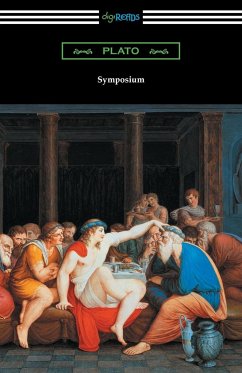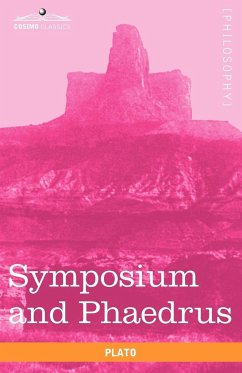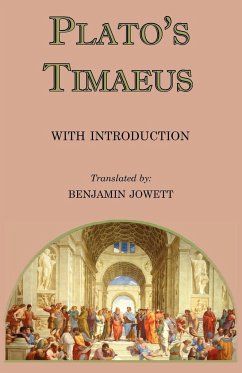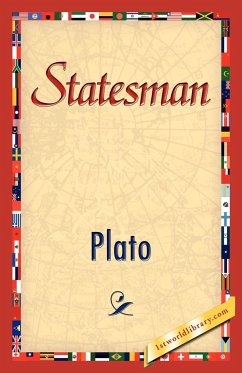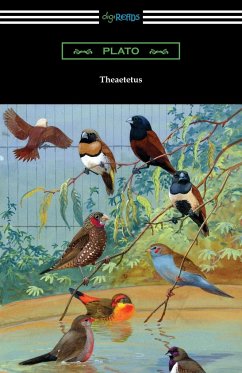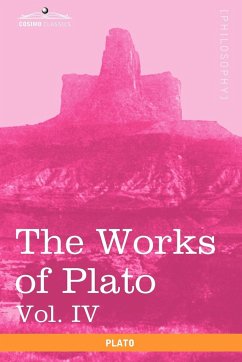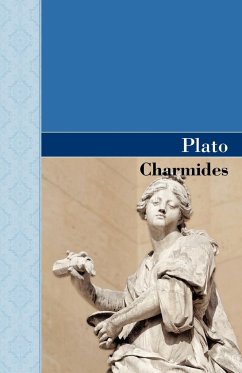
Charmides
Versandkostenfrei!
Versandfertig in 1-2 Wochen
15,99 €
inkl. MwSt.

PAYBACK Punkte
8 °P sammeln!
Charmides is a classic Socratic dialogue which seeks to elucidate a single concept - that of sophrosyne, a Greek word most commonly translated into English as 'temperance.' As in many of his great works, Plato gives voice to his teacher Socrates, placing him in conversation with others who are less wise and more willing to commit themselves to untenable positions. Temperance was a key virtue in the classical world, and Socrates engages in dialogue with the youth Charmides and his guardian Critias in order to test and develop their assumptions about what exactly it means. With its focus on the ...
Charmides is a classic Socratic dialogue which seeks to elucidate a single concept - that of sophrosyne, a Greek word most commonly translated into English as 'temperance.' As in many of his great works, Plato gives voice to his teacher Socrates, placing him in conversation with others who are less wise and more willing to commit themselves to untenable positions. Temperance was a key virtue in the classical world, and Socrates engages in dialogue with the youth Charmides and his guardian Critias in order to test and develop their assumptions about what exactly it means. With its focus on the human condition and the search for the correct way to live, Plato's Charmides remains as relevant as when it was written over two millennia ago.





